The other day, I attended a book talk by two very brave journalists (and most vivacious ladies), Wendy Ruderman and Barbara Laker discussing their book “Busted: A Tale of Corruption and Betrayal in the City of Brotherly Love” in which they describe their incredible feats of investigative journalism courageously performed in the heart of the inner-city drug dens, which resulted in the Pulitzer-prize-winning series of articles on Philadelphia police corruption.
I won’t dwell here on their most exciting adventures (for that, I’ll refer you to their book), but I want to focus on the question that I had a chance to ask them: how about the untold stories of corruptions – in particular, of judicial corruption? Why isn’t the press interested in those?
The replies, to my mind, were unconvincing. Wendy Ruderman: “media’s resources are limited, and have to be focused on what’s more important.” Really? The federal judiciary openly gave itself a legal right to act “maliciously and corruptly,” to substitute parties’ legal and factual argument with non-existing “facts” and off-the-wall “law” of judges’ own concoction (or even with the exact, polar opposite of parties’ argument), brazenly throwing “judicial impartiality” to the winds isn’t a “story?” Full third of the federal government being openly corrupt and malicious is not worthy of a newspaper article? What is a “story” than? Barbara Laker’s response (“you’ve got to deliver the goods, to have a definite proof that this actually occurred!”) was likewise off, given my reply of “the goods are there; it’s the interest that’s missing!”
Yet another theory was advanced by one of the fellow-attendees: “it is because the issues are so obscure.” But absence of judicial impartiality is not an obscure issue at all – since impartial judging is supposed to be at the very foundation, the front and the center of our legal system. So that isn’t it, again.
So finally, I had to think of my own theory. Cowardice can be all but ruled out: what those ladies did was brave indeed – for they braved not just the police, but whole neighborhoods of drug users and drug dealers. They could have easily bearded a fraud-practicing federal judge like Lettow or Vitaliano or Jacobs or Katzmann or Livingston if they only wanted.
They clearly didn’t want to, however. Why?
I wonder if it is because the media feels that it itself is the power-that-be, that it itself is one of the mainstays of our establishment, a pillar of the social order, a keeper of governance system, one of the guarantors of the obedience of the governed. While it rocks the boat, it deliberately knows to keep this within bounds – just enough for the populace to be proud of America’s “free press,” yet not so as to actually challenge the grip of the ruling establishment on the levers of power.
The reforming influence of investigative journalism, of the “fourth estate?” Forget it – for all the brave reporting of journalists like Wendy Ruderman and Barbara Laker, and for all the Pulitzer prizes in the world…

